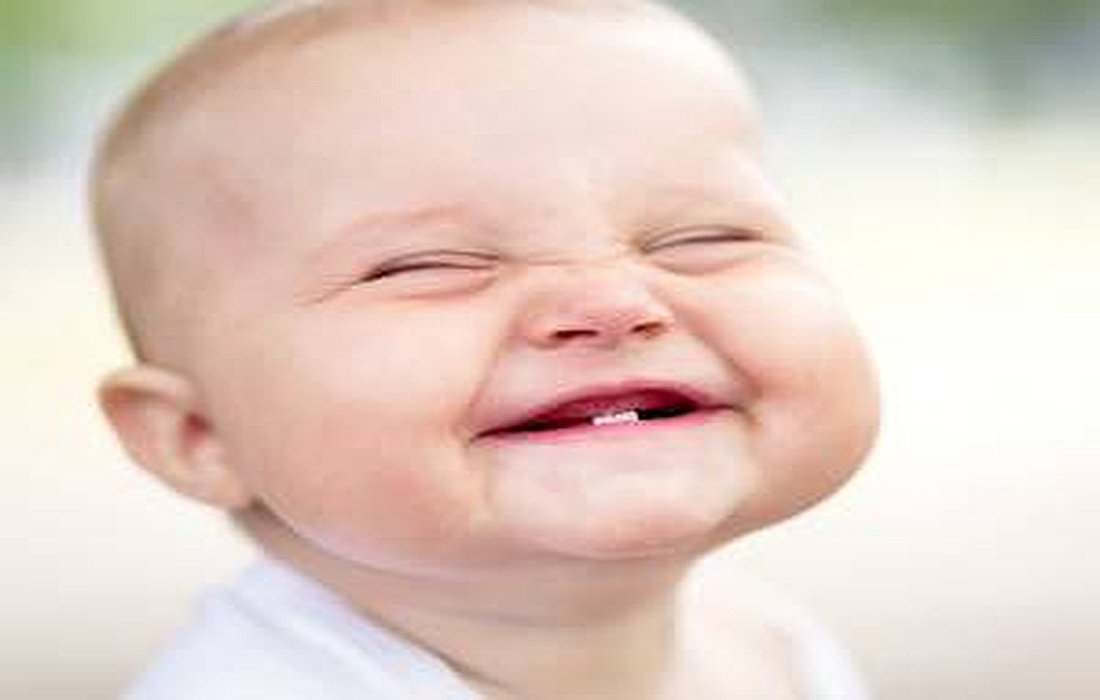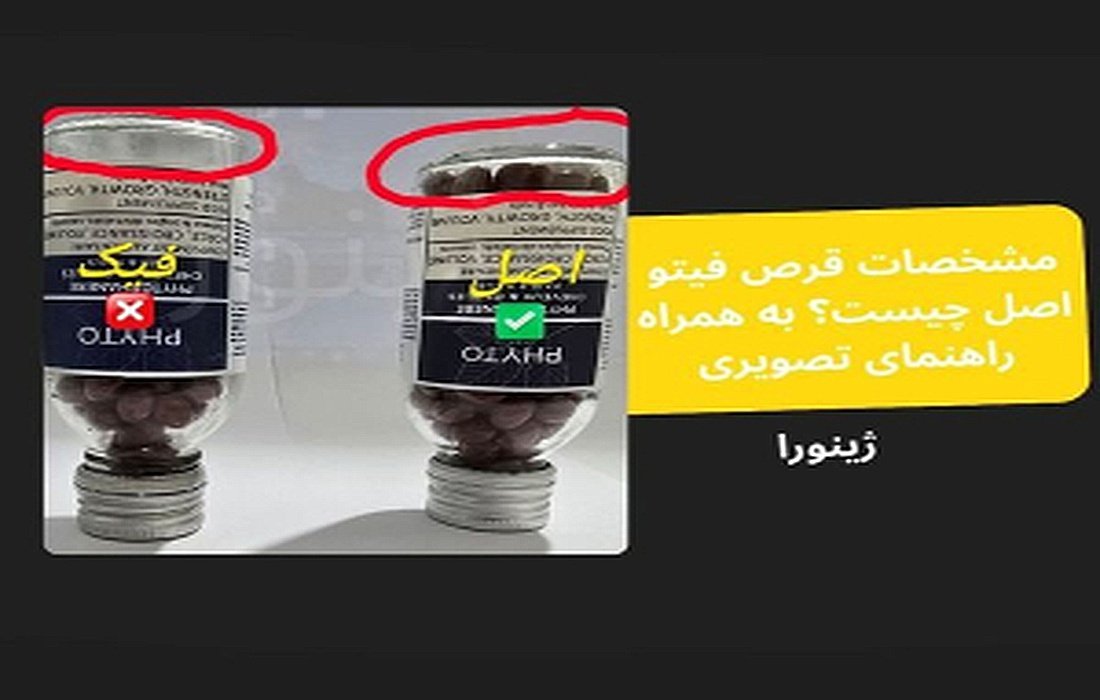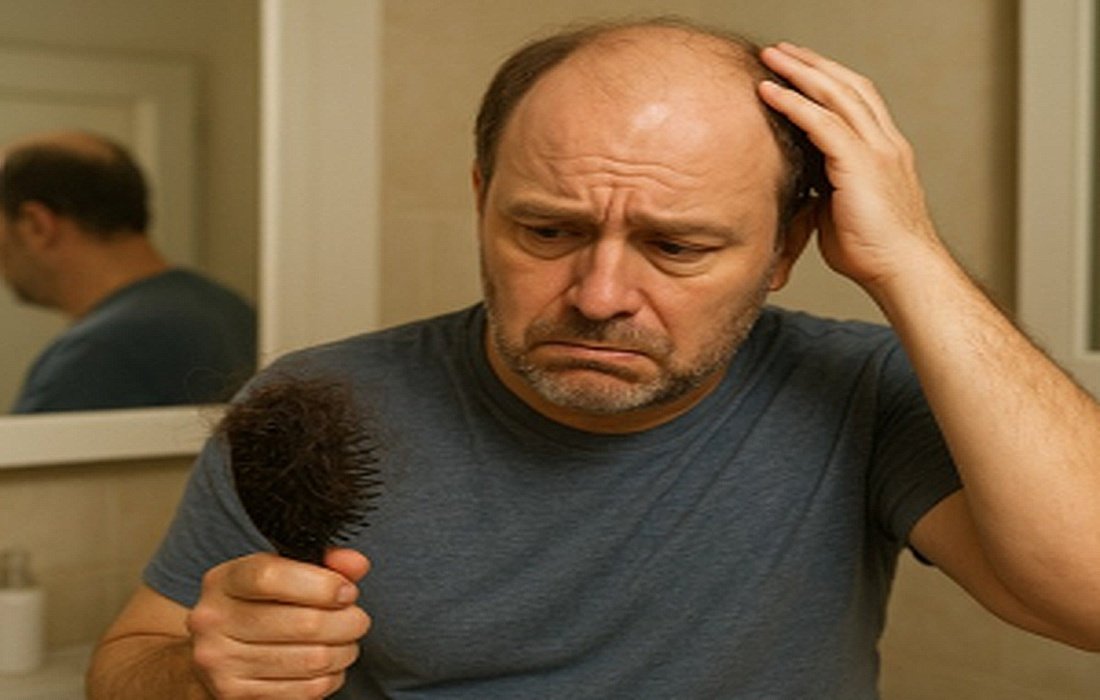Facts and Importance of Children’s Baby Teeth
Caring for a child involves many stages, one of which is related to the emergence of baby teeth. When your child smiles and you notice their teeth have come through, that’s when you should start oral hygiene. Baby teeth help in better growth. Even though these teeth are temporary and will eventually fall out, it is crucial to take care of them. Now let’s discuss this further.SelMagzWe will explain why caring for baby teeth is so important.
What is the importance and role of a child’s baby teeth?
Baby teeth hold significant importance in a child’s growth, including the following:
- Helping the child chew, smile, and talk.
- Maintaining appropriate space in the child’s jaws for the permanent teeth emerging from the gums.
- Facilitating healthy chewing habits that strengthen the child’s jaw and facial muscles.
Baby teeth are very effective in a child’s growth. They improve dietary habits and enable clearer speech. Taking care of these teeth leads to better growth and learning for the child.
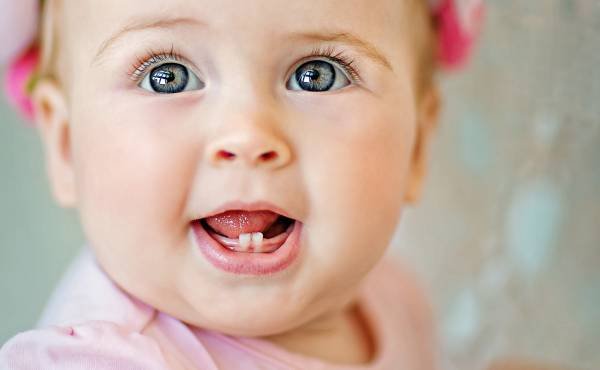
How important are baby teeth?
Baby teeth play an essential and unique role in a child’s development because their mouth isn’t big enough to accommodate the permanent teeth yet. Baby teeth are also tiny, which allows them to fit comfortably in the child’s mouth.
Imagine if, as we age, those baby teeth stayed in our mouths. What do you think would happen? These small teeth would leave a lot of empty spaces, preventing proper function. That’s why having two sets of teeth is so important: they help a child start eating and speaking and prepare for the adjustment of their teeth in the future.
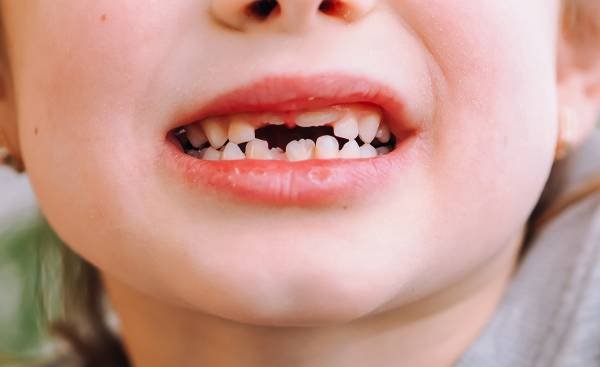
The Impact of Baby Teeth on Permanent Teeth
Children’s baby teeth directly affect their permanent teeth. Each baby tooth plays a vital role in creating space for the adult teeth. If a baby tooth gets damaged or falls out prematurely and decays, it won’t create enough space for the adult tooth. This can lead to misalignment in adulthood. Thus, proper care of baby teeth and regular trips to the dentist can prevent these problems in the future.
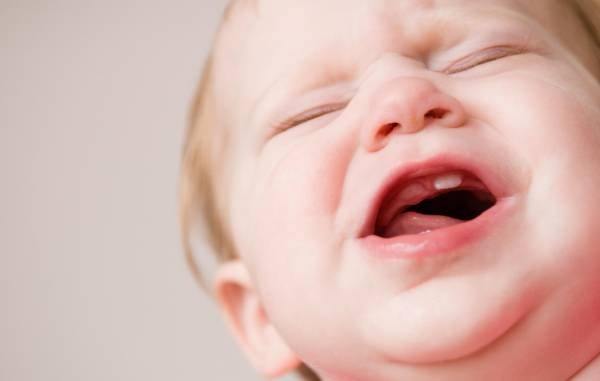
Comparison of Baby Teeth and Permanent Teeth
Both baby and permanent teeth have similar goals, but some differences include:
– Number:There are 20 baby teeth compared to 32 permanent teeth, which means the latter occupies more space.
– Tooth Enamel:Baby teeth have a thinner layer of enamel compared to permanent teeth. This enamel helps protect against decay. The thin layer on baby teeth makes them more susceptible to cavities.
– Hardness:Baby teeth are softer than permanent teeth, making them more prone to damage.Teeth grindingputting them at a higher risk of damage from acidic foods.
– Color:Baby teeth are naturally whiter than permanent teeth. This is perfectly normal and becomes noticeable when a child has both types of teeth.
Due to these differences, you must choose a toothpaste suitable for your child’s age. Ensure their toothbrush is also appropriate for baby teeth to ensure effective cleaning.
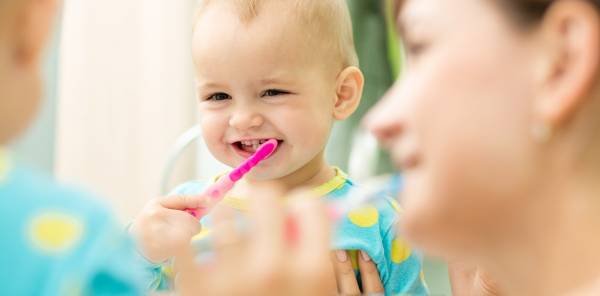
When do baby teeth come in and fall out?
Your child is constantly growing, and this applies to their teeth as well. You may notice changes in their mouth, including losing teeth. But when do baby teeth come in and fall out?
Emergence of Baby Teeth
Children are born with a set of baby teeth in both jaws that gradually emerge as they grow older. The first time you may see one of these teeth appearing in your child’s gums is typically around 6 months to 1 year old. The two front teeth on the bottom are usually the first to come in, followed by the front teeth on the top jaw.
After four teeth emerge at the top and four at the bottom, you can expect the rest of their baby teeth to come in until there are 20.
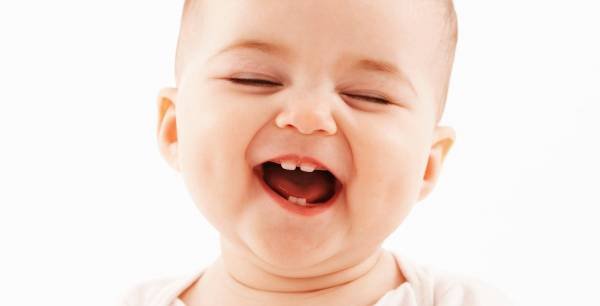
Loss of Baby Teeth
When the permanent teeth start to grow from inside the gums, they can apply pressure on the baby teeth, leading toloosening teeththat will eventually fall out. Your child is likely to lose their baby teeth around the age of five or six, and as mentioned before, this process may continue until they are 12 years old. As the child grows, the process of losing teeth continues, with the front teeth falling out first, followed by the back teeth, in the same order they came in.
Emergence of Permanent Teeth
After the baby teeth fall out, the permanent teeth begin to grow and usually appear between the ages of 6 to 7, with this process continuing until they’re about 13. By around 13 years old, most of the child’s permanent teeth have come in. The only tooth that may remain is thewisdom tooththat usually emerges at a later age.
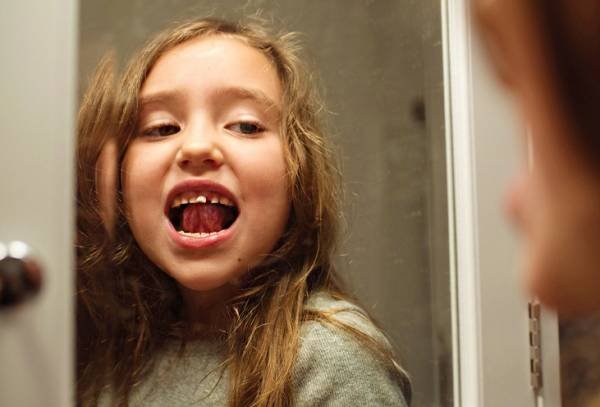
When should I take my child to the dentist?
Experts generally recommend taking your child to the dentist after the first tooth emerges and before their first birthday.
At this point, the specialist can perform the following actions:
- Check for any signs of cavities or tooth issues
- Explain how to clean the child’s teeth
- Provide suggestions for maintaining hygiene habits that improve dental health and reduce thumb sucking.



